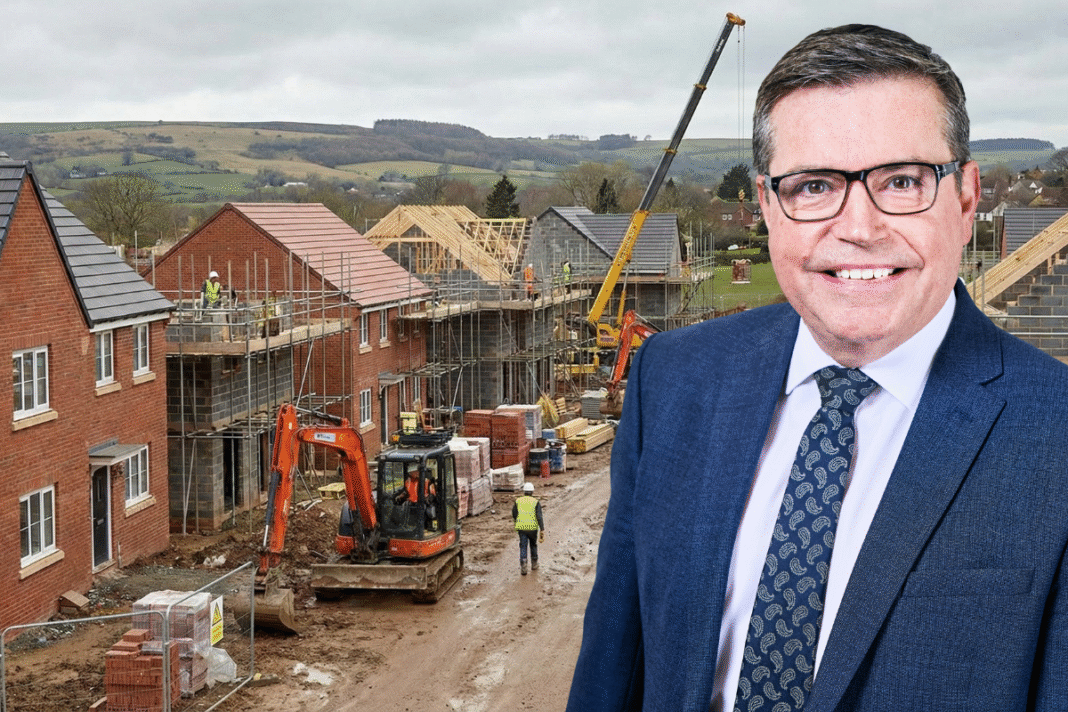Housebuilders have called on the Chancellor to use Wednesday’s Budget to revive support for first-time buyers and ensure that recent planning reforms translate into real-world delivery, warning that the new-build sector is being squeezed by rising costs, falling permissions and mounting regulation.
Tim Foreman, managing director of Land and New Homes at LRG, says the Autumn Budget “arrives at a critical moment” for the sector.
While ministers have announced changes designed to speed up planning decisions and boost supply, he says “the reality on the ground tells a different story”, with planning permissions at their lowest level since 2012, delivery costs rising and first-time buyers “stuck on the sidelines”.
Foreman says that the end of Help to Buy has left “a gaping hole” in the market, with many would-be buyers now unable to raise deposits for new-build homes despite stable pricing.
DEPOSIT STRUGGLES
“First-time buyers who could previously afford new homes now struggle to raise deposits, even when prices should be within reach,” he says.
“This doesn’t just affect families; it also creates a bottleneck for the entire property market. Any new scheme needs to be practical – we simply need something that gets people moving.”
Developers, he says, are meanwhile facing intensifying financial pressure.
“We’re being asked to deliver record numbers to meet housebuilding targets, all while dealing with escalating costs and mounting regulatory burdens,” he says.
Material prices remain elevated, skilled labour shortages persist and the number of consented sites continues to shrink.
ADDED EXPENSE
New requirements – including the Building Safety Levy, Biodiversity Net Gain rules and proposed changes to Landfill Tax – “threaten to add tens of thousands of pounds per home”, he warns.
“For many schemes, particularly from SME builders, these can be the difference between viability and abandonment.”
Foreman welcomes the government’s latest planning measures, including a default “yes” for homes near train stations and a reduction in statutory consultees, but says that the Budget must ensure that councils have the funding and capacity to put such policies into practice.
AFFORDABLE HOUSING
He also urged ministers to adopt a more flexible approach to affordable housing quotas, arguing that rigid thresholds are forcing some schemes to stall.
“London’s already had to cut from 35% to 20% to revive housebuilding in the capital. This should be a warning sign,” he says.
“Mixed-tenure developments work. They create balanced communities and, crucially, they get built.
“We need flexibility based on local market conditions, not blanket targets that ignore economic reality. If we push too hard on this, there simply won’t be any development at all.”
Foreman says the stakes extend well beyond the industry.
“When the housing market flourishes, so does the country,” he says. “The number of people involved in delivering homes – such as planners, builders, solicitors, mortgage brokers and landscapers – means that when housing is moving, everyone benefits.”









